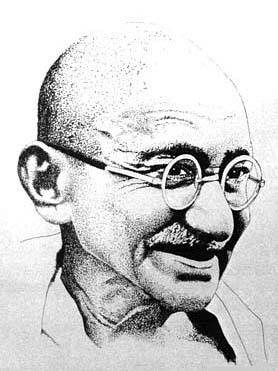Apr 13, 2025
Apr 13, 2025
 Has the country of his birth reduced the memory of Mahatma Gandhi to mere tokenism � something to be ritually observed on the 2nd of October (Gandhi Jayanti) and forgotten the rest of the year?
Has the country of his birth reduced the memory of Mahatma Gandhi to mere tokenism � something to be ritually observed on the 2nd of October (Gandhi Jayanti) and forgotten the rest of the year?
02-Oct-2004
More by : Melanie Priya Kumar